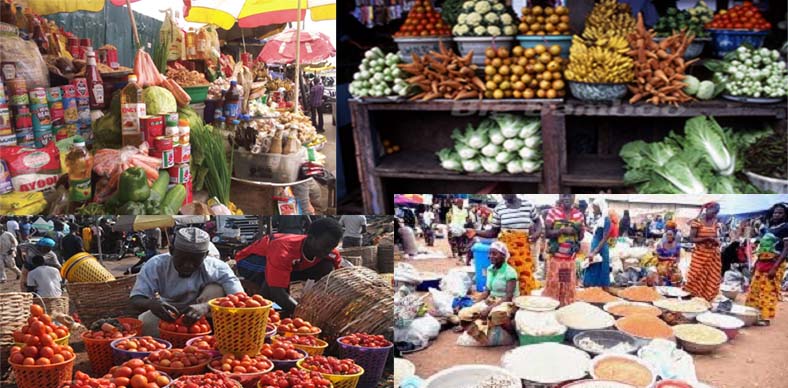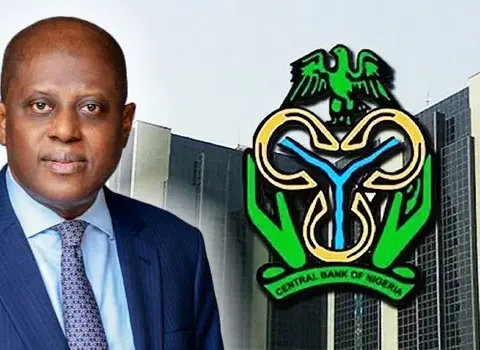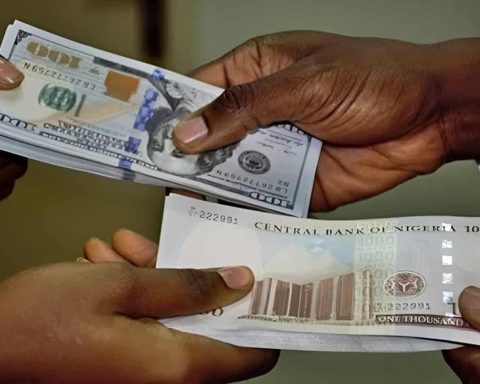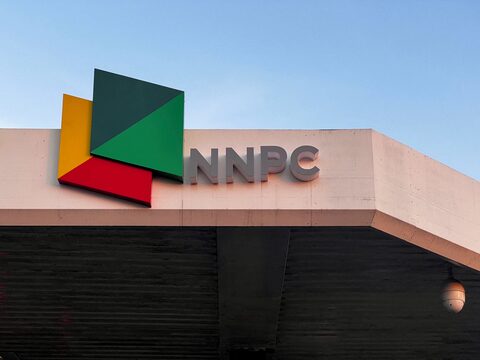Rising Consumer Credit Amid Economic Crisis
Nigerians have taken out loans worth N3.82 trillion from banks as of January 2024, amid the economic crisis, according to the Central Bank of Nigeria (CBN).
The latest monthly economic report reveals that total consumer credit increased by 11.9% due to the surge in personal loans amid soaring inflation.
Join our WhatsApp ChannelThe report indicates that personal loans jumped by 14.3% to N3.028 trillion from N2.648 trillion in December 2023, while retail loans grew by 3.6% to N794.79 billion.
Personal loans accounted for 79.2% of consumer credit, highlighting the financial strain on individuals.
Mary, a civil servant in Lagos, shared; “My salary no longer covers my basic needs. I had to take out a loan to pay for my children’s school fees and groceries. It’s been a tough year for many of us.”
Sectoral Credit Growth
The CBN also reported an increase in total credit extended to key sectors of the economy, which rose by 29.7% to N57.76 billion in January 2024.
This growth was driven by the services, industry, and agricultural sectors, which received 52.1%, 44.7%, and 3.2% of the credit, respectively.
Inflation at a 28-Year High
Nigeria’s headline inflation rate reached a 28-year high of 33.95% in May, 2023, leading the CBN to raise the interest rate consecutively to 26.25%.
READ ALSO: IMF Warns Of Deepening Economic Crisis In Nigeria
This has exacerbated the economic crisis, causing many Nigerians to rely heavily on loans.
Loan Apps: A Lifeline for Many
A study by SBM Intelligence, found that 27% of Nigerians across different income categories now use loan apps to manage their living expenses.
The surge in demand for these apps reflects the severe impact of inflation on daily life, especially for those with limited financial resources.
Civil Servants and State Loans
Public servants have also turned to loans, with state governments providing N6.1 billion in credit facilities between January 2023 and March 2024.
These loans, used for motor vehicles, homes, and furniture, have become essential as economic hardships continue to worsen.
Loan Companies See Increased Demand
Founders of loan companies report a significant rise in the number of loans requested and approved.
Adeshina Adewumi, CEO of Trade Lenda, noted, “We’ve seen a 100% increase in users since the subsidy removal period in June and July. Even though we focus on businesses, the demand for loans has grown significantly.”
“Businesses Are Struggling to Survive”
Olajuwon Marc, founder of TellerOne, added, “The economy has stifled businesses, and the only way they can grow is by borrowing more. The number of approved loans has increased by up to 70%, and the demand has surged over 100%.”
Government Action Needed
While loan apps provide some relief, experts argue that more substantial government intervention is required to address the root causes of Nigeria’s economic crisis.
Without such measures, the reliance on loans may continue to grow, exacerbating the financial strain on individuals and businesses alike.
Nigeria’s economic crisis has led to a significant increase in consumer credit, with many citizens turning to loans to meet their basic needs. As inflation continues to rise and living standards decline, the demand for loans is expected to remain high.
However, long-term solutions will require comprehensive government policies to stabilize the economy and reduce the dependence on credit.
Emmanuel Ochayi is a journalist. He is a graduate of the University of Lagos, School of first choice and the nations pride. Emmanuel is keen on exploring writing angles in different areas, including Business, climate change, politics, Education, and others.















